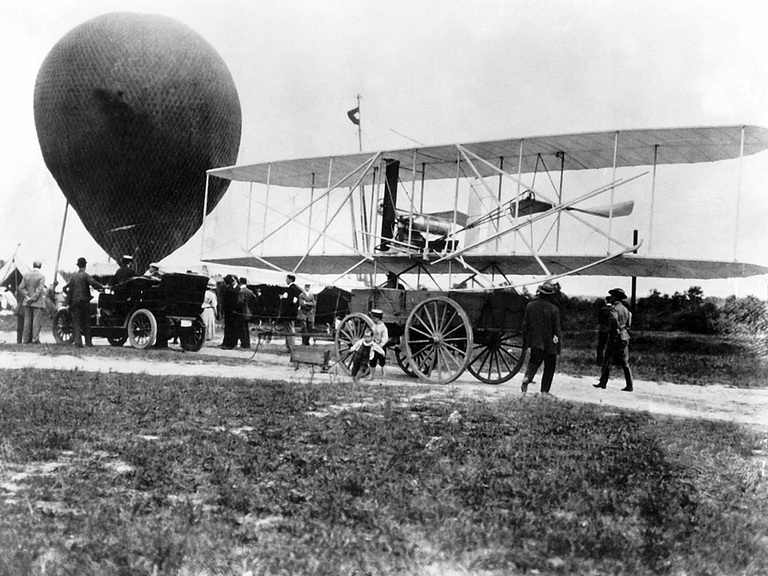The history of aviation is a fascinating chronicle that has tremendously impacted the world as we know it today. Aviation, stemming from the early dreams of flying and culminating with the sophisticated aircraft of today, altered the ways in which we communicate, conduct business, and view the world at large.

Aviation history begins with the fables surrounding Icarus and Daedalus, but it was only in the late 1700s that real beginnings in the opening up of the skies can be traced. It is noteworthy that in 1783 the Montgolfier brothers executed a milestone when they flew a hot air balloon with people on board for the first time. However, it was only in 1903 that flying would ever be the same again when powered flight was created by the Wright brothers. For 120 ft, a pusher, 12hp 12hp engine biplane known as the Flyer, built by the Wright brothers, flew for 12 seconds. This managed to change everything in the field of aviation.
Aviation has indeed, changed the society substantially. In the first part of the twentieth century, it was more of a wonder, but rapidly matured into a vital aspect of global physical communication network. As a result of the existence and growth in the penetration of commercial aviation in the 1920’s and 1930’s, far flung regions were easily accessible which in effect reduced geography and integrated the peoples of different lands.
This improved interdependence also fostered cultural interrelations, resulted in the growth of travel and tourism, and fostered international commerce and trade as well as globalization initiatives.
Throughout the Second World War, the aviation industry was able to develop rapidly increasing the speed and efficiency of aircraft servicing the war. In the years following the war, this technological advancement facilitated the birth of the jet age where airlines started offering cheap and speedy travel options. So much was the impact of the Boeing 707 that when it was introduced in the late 1950s, it made possible the frequent cheapening of previously costly transatlantic flights for many of its users.
Aviation, in today’s society, has an important role to play. Aviation creates millions of jobs around the world while stimulating the global economy to engage in trade and contribute to the tourism. In business work alone, air transportation is an indispensable activity as it makes it possible to conduct business in a number of countries and operates internationally. Furthermore, investments in aviation created new technologies, new engineering and design solutions which resulted in the creation of new industries.
The aviation sector, however, faces a number of challenges, which are mainly on its environmental impact. Global warming is in part caused by the Greenhouse Gas emissions caused by aircraft, and so the industry invests in green technologies and new fuels. The aviation industry is constantly working to reduce emissions and improve fuel economy, as evidenced by their efforts to reduce emissions further and strive for greater efficiency.
In conclusion, the history of aviation shows the best of the imagination of mankind and its determination to make the impossible possible.
The way we see and do the world has been reshaped in more ways than one, thanks to the Wright brothers’ first flight, and the modern jets that we have today. It has condensed spaces, enhanced interlinking, and improved availability while also presenting difficulties that call for fresh and inventive solutions. The forecast of what we will expect in the future, the progression of civil aviation industry will always shape our routines and the society in which we live in.
“It is easy to design an airplane. It is not so easy to build it. But the most important factor is flying it.” – Otto Lilienthal
“It is true that a plane has its heart in an engine, but the pilot embodies its spirit.” – Walter Raleigh
The atmospheric region above the clouds is clean, fresh and sweet, why wouldn’t it be? It's wings are the nethermost, it is the same air angels breathe.